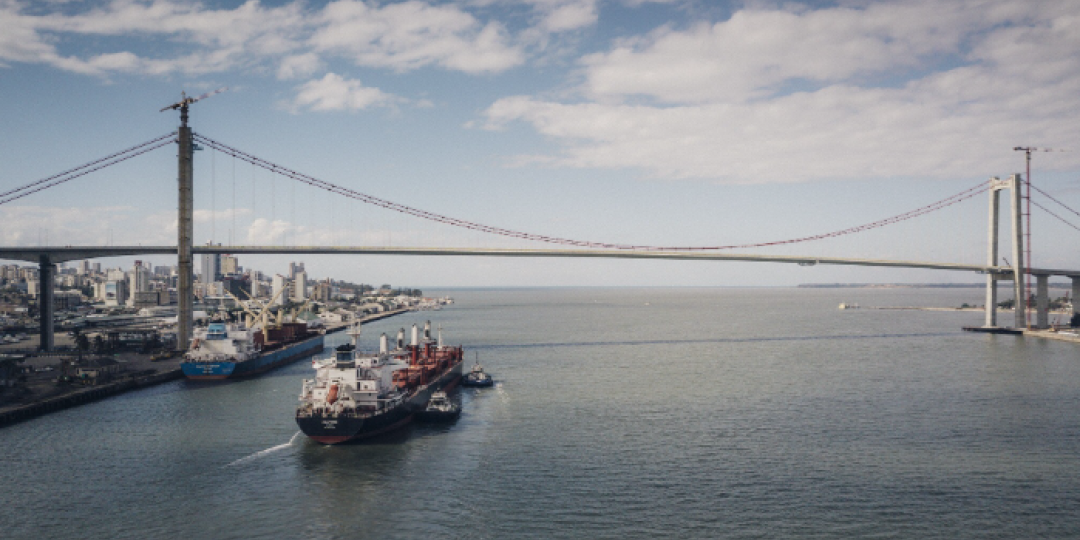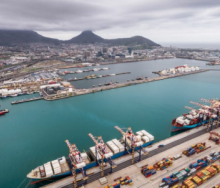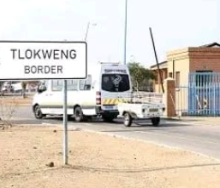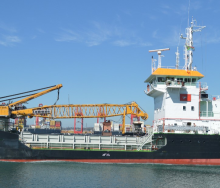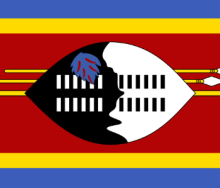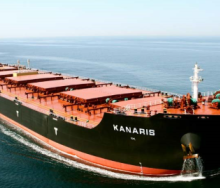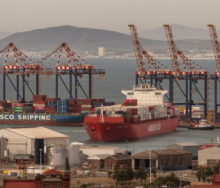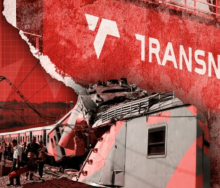Transnet has announced that together with the Automotive Business Council (ABC) it will jointly pursue a solution through the Port of Maputo as the preferred avenue for used vehicle imports in transit to African countries.
It is understood that the decision to use the privately run port could ease congestion at the Port of Durban, which has consistently been outpaced by Maputo, according to cargo throughput data collated and assessed by the World Bank’s Container Port Performance Index.
A statement released by Transnet executive for Group Corporate Affairs, Ayanda Shezi, said: “This initiative will further address the illegal vehicle imports entering the South African market, which negatively impact the fiscus via lost vehicle taxes, and which ultimately constrain the new vehicle market.”
At a broader level, the new “strategic partnership with the ABC, also known as “naamsa”, is specifically aimed at securing vehicle part imports.
The “groundbreaking three-year collaboration agreement aims to facilitate the import of critical production components and export of assembled vehicles to global markets”, Transnet said.
The utility emphasised that the collaboration was premised on shared industry interests.
“Both entities play a critical role in the promotion and expansion of international trade for South Africa,” Transnet stated.
“Through this partnership, both entities will jointly constitute a bilateral engagement committee ‘War Room’ to assess, advise, resource and implement key initiatives to support activities of mutual benefit. Through the regular engagement of senior leadership and key representatives from both organisations, it is expected that a robust information-sharing hub/platform will support strategic initiatives to drive improved outcomes for both entities.”
According to the undertaking, naamsa and Transnet will jointly develop a Crisis Mitigation Standard Operating Procedure which both entities will implement when specific urgent challenges are encountered.
It includes allocating appropriate human resources to address potential bottlenecks.
This agreement entails, among other initiatives, collaboration on potential public-private-sector partnerships, joint investment considerations, and related opportunities to fully develop the South Corridor from Gauteng to Gqberha.
“All of these are primarily intended to enable the movement of automotive units and parts on rail, thus easing congestion at the ports and reducing reliance on road transportation. This is in line with the Gqeberha/Ngqura Port Masterplan,” Transnet said.
